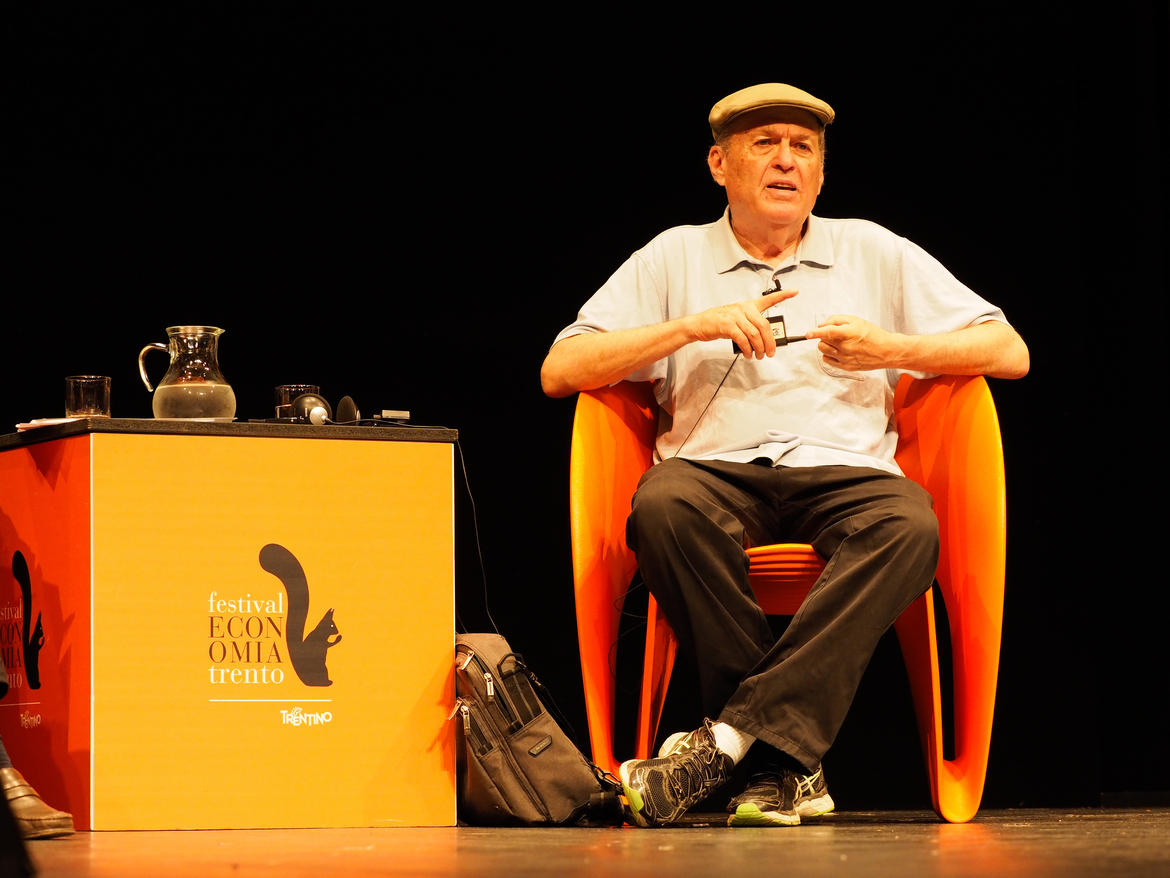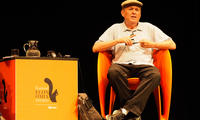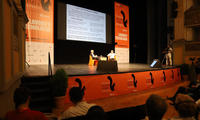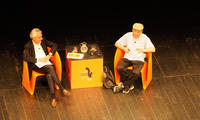
In the debate of AI, economists tend to be divided into two camps, the traditionalists and the futuristas. The traditionalists see AI as another phase of technological advancement that will not have unprecedented impact meaning that the future will likely mirror the past. In terms of jobs, like during the Industrial Revolution and 1960s, jobs will change and be altered by the machines but humans will not be replaced by the machines.
On the other hand, futuristas like Richard Freeman see AI as a transformative period where the future is as far as our imagination will take us and the future will in no way mirror the past. For the futuristas, this will likely include some job loss based on the fact that robots that machines may be able to do the job faster and cheaper than humans can. This has led to what many feel as “automation anxiety” or the fear that machines will soon replace and take them jobs away from them.
But the future is not all bleak. Specifically, people that are equipped with computer literacy skills, that are meant to complement the machines, will be best equipped for the future workforce. This is why we see the rise in popularity of students studying computer science all over the world. Workforces are proactively preparing for this transformation with the rise of “cobots” or collaborative robots that work with humans rather than replace them in the workforce.
AI and machines will most certainly transform jobs for humans in the future. The people that work with the machines to adopt and transform jobs, rather than fight the robots as competition will be the ones best off.
Watch the interview with Richard Freeman
Website: www.festivaleconomia.it
Twitter: https://twitter.com/economicsfest
Facebook: http://www.facebook.com/festivaleconomiatrento
Instagram: https://www.instagram.com/festivaleconomia/










